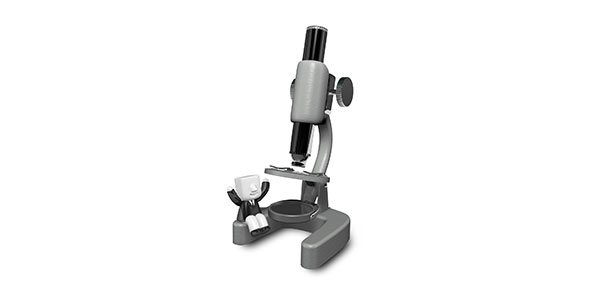Related Flashcards
Related Topics
Cards In This Set
| Front | Back |
|
Qualitative research approach
|
-Try to see the world from the participants thoughts
- Try to make sense of the meanings people bring to situations - Holistic emphasis- study the person, group, and culture in a natural setting |
|
Qualitative
1. Multiple realities 2.Reality is socially constructed 3. Reality is context interrelated 4. Holistic 5. Strong philosophical perspective 6. Reasoning is inductive 7. Discovery of meaning is the basis of knowledge 8. Develops theory 9. Theory developed during stud 10. MEaning of concepts 11. Process oriented 12. Control unimportant 13. Rich descriptions 14. Basic element of analysis is words 15. Uniqueness 16. Trustworthiness of findings |
Quantitative
1. Single realitiy 2. Reality is objective 3. Realitiy is context free 4. Reductionistic 5. Strong theoretical base 6. Reasining is deductive and inductive 7. Cause- and- effect relationships are the bases of knowledge 8. Tests theory 9. theory developed prior 10. Measures variables 11. Outcome oriented 12. Control important 13. Precise measurement of variables 14. Basic element of analysis is numbers 15. Generalization 16. Control of error |
|
Steps in Quantitative and Qualitative studies
according to Jackson et al. |
|
|
Explaining Researchers Beliefs
How and why |
Bracketing - setting aside your own biases and person views
- might keep a diary Purpose is to make sure the researcher is aware when the interpretations of the data reflect personal beliefs rather than the participants |
|
Literature Review
When and why |
After the data has been collected and analyzed
Its delayed to avoid leading the participants in the direction of what has already been discovered Purpose is to show how the current findings fit into the old |
|
Participants as subjects or informants
|
Either active participants in research
or used to inform the researcher about their culture |
|
Selection of Participants
Called what and goal |
Puposive sampling - participants must have direct experience with topic and can talk about it
Researcher needs to develop clear criteria and rationale Goal is not to generalize findings but to get rich descriptions and info of the phenomenon from the people who experienced it |
|
Setting for Data Collection
|
``Informant driven` rather than theory driven - the investigator assumes he knows nothing of the culture or experience- informant teaches investigator
- Data is collected in the field- the natural world where people live and experience life - Investigator should be nonintrusive and spend a long amount of time in the field |
|
Data Analysis
|
Researcher looks at the data and tried to bring order and meaning
- Data collection and analysis occur at the same time Reading, rereading, intuiting, analyzing, synthesizing, and reporting - Sometimes called theoretical sampling ( collect data until saturation is reached) -return to participants to get clarification of generalizations - data similar in meaning are put together into categories TAKES A LONG TIME |
|
Saturation
|
Happens when participants descriptions become repetitive and confirm previously collected data
- data analysis is complete when this happens so no need to collect more data |
|
Qualitative methods - Ethnography
Study, analytic focus Disciplines |
Study focus - culture and cultural groups, studying human behaviour in cultural context
Analytic Focus - describe the culture or cultural group and way of life Disciplines - cultural anthropology |
|
Qualitative methods - Grounded Theory
Study and analytic focus Disciplines |
Study focus - Cultural groups, explain underlying social processes
Analytic focus - generate theory about a basic social process Disciplines - sociology, symbolic interaction, criminology Useful in areas where there is little known or when a new perspective is needed, exploratory , descriptive studies |
|
Qualitative methods - Phenomenology
Study and analytic focus Disciplines |
Study focus - individual experience
Analytic focus - get to the core or meaning of the lived experience from the perspective of the participants Disciplines - Philosophy, psychology, sociology |
|
Data Collection Methods:
Participant Observation |
Intensive, usually long term, examination of a social gropu or organization
Researcher becomes a participant - observes their behaviour and learns meaning of systems ( which are tied to language) Overt role today - they know the researcher Covert participation leads to ethical issues |
|
Steps in Participant Observation research
Gain entry into the group |
Look at the type of group - ex formal or informal
may be gained through a gatekeeper Want to look for key informants - most knowledgeable people |








